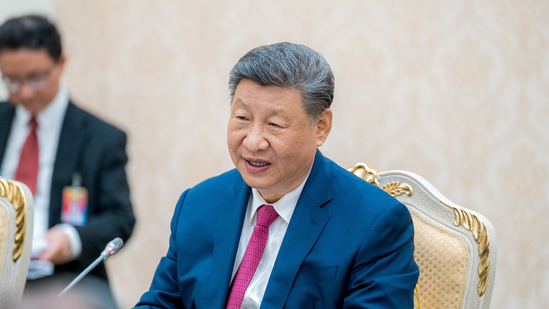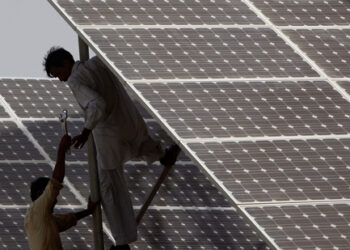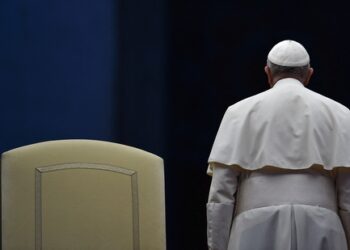RELATED POSTS
In a pointed remark amid escalating trade tensions with the United States, Chinese President Xi Jinping on Wednesday condemned the use of tariffs, warning they damage the foundations of the global economic system. The statement came during a diplomatic meeting in Beijing with Azerbaijani President Ilham Aliyev, underscoring Beijing’s growing concern over protectionist policies that have defined recent U.S. economic strategy.
“Tariff and trade wars undermine the legitimate rights and interests of all countries, hurt the multilateral trading system, and impact the world economic order,” Xi was quoted as saying by China’s state-run news agency Xinhua.
The timing of Xi’s statement is notable, coming shortly after former U.S. President Donald Trump imposed a sweeping 145 percent tariff on Chinese imports earlier this month. In response, China retaliated with a 125 percent duty on American goods, sparking renewed fears of a deepening trade war between the world’s two largest economies.
Beijing’s commerce ministry has been vocal in its opposition to any global alignment that marginalizes China’s interests. “China firmly opposes any party reaching a deal at the expense of China’s interests,” a ministry spokesperson stated on Monday. “Appeasement will not bring peace, and compromise will not be respected,” the statement added, in what appeared to be a veiled warning to Washington and its allies.
Despite the tension, Xi noted that China and Azerbaijan have sustained strong diplomatic and economic ties even as the international landscape shifts rapidly. “Despite a constantly changing international situation, China and Azerbaijan have maintained close ties,” Xi said, emphasizing Beijing’s commitment to stable bilateral partnerships.
The remarks come amid growing global concern over the destabilizing effects of protectionism on international markets. Chinese Foreign Minister Wang Yi, in recent calls with his British and Austrian counterparts, urged Europe to stand firm in defending multilateral trade institutions.
As the world reels from economic instability and political conflicts, such as the ongoing Russia-Ukraine war and terrorism in regions like South Asia, global cooperation and equitable trade practices remain more crucial than ever. In this climate, one must ask: Can the global community come together to rebuild trust in free trade before the damage becomes irreversible?








 India
India












